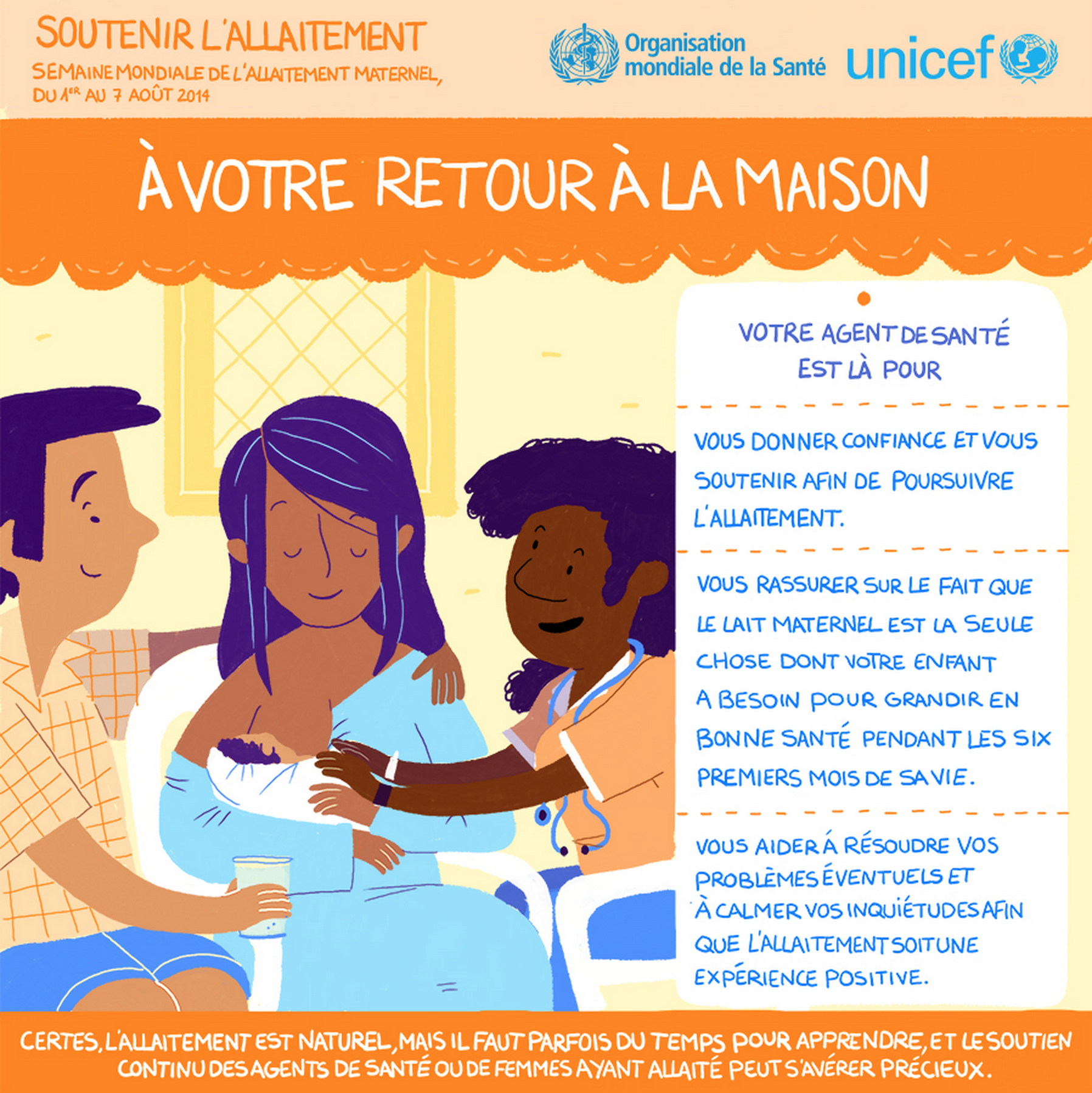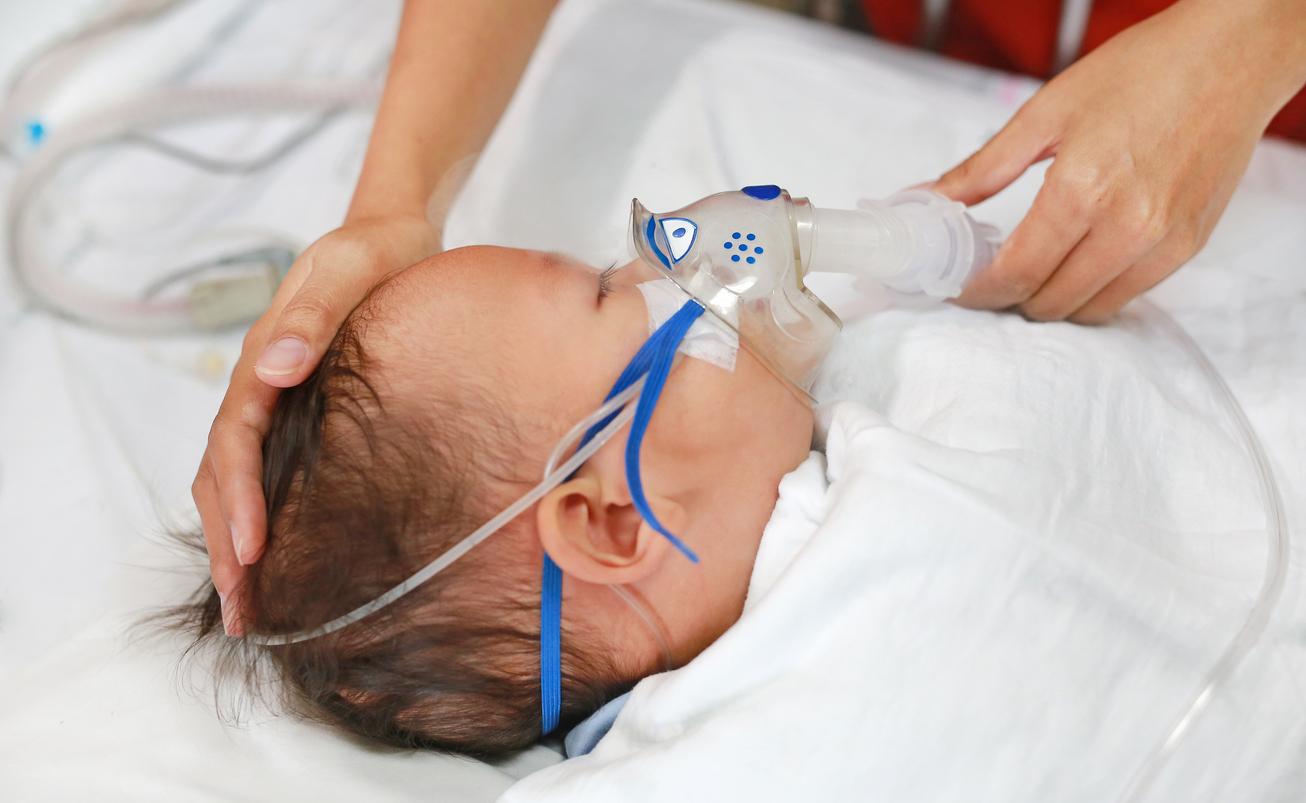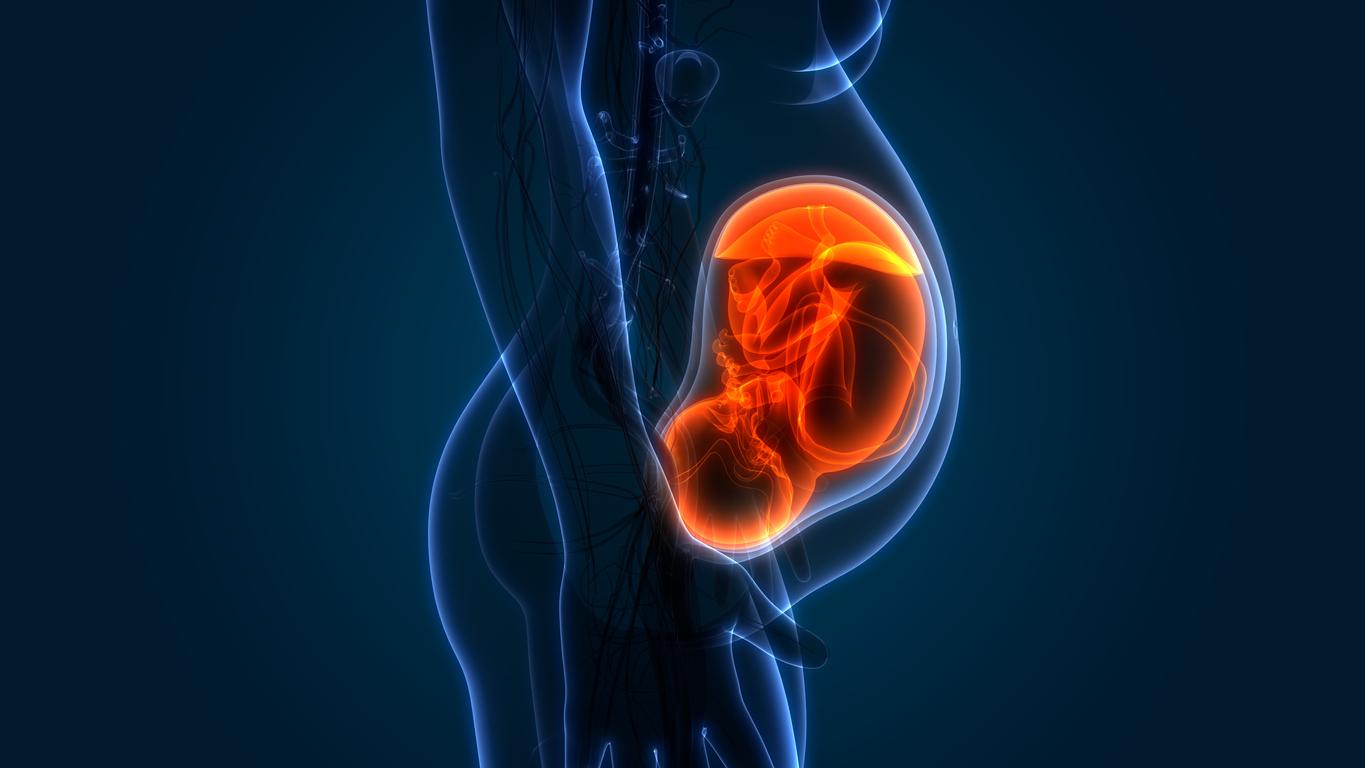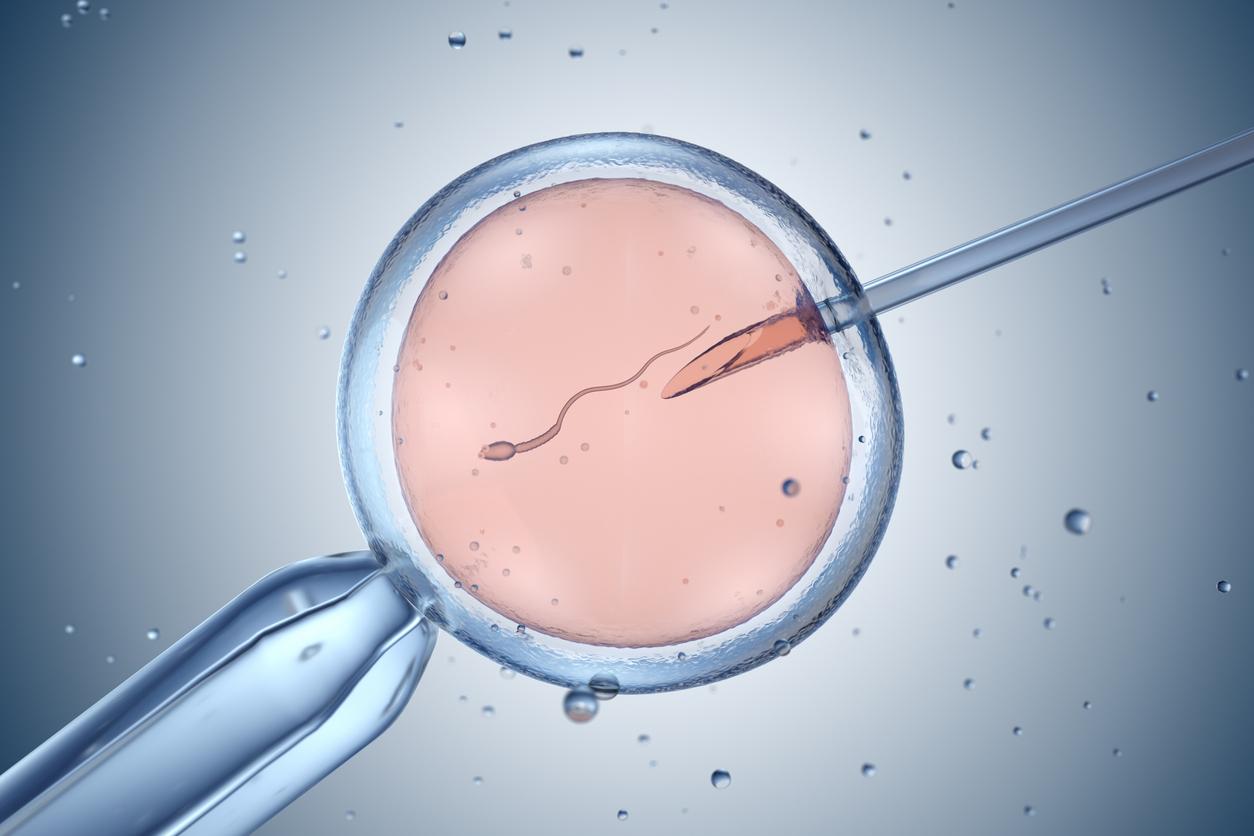The World Health Organization (WHO) regularly reminds you of the basic principles of breastfeeding. The opportunity to take stock of the benefits of breast milk on the health of babies and mothers.

The World Health Organization explains on its website the benefits of breast milk for both the health of babies and mothers.
Milk protects babies from diseases by transmitting maternal antibodies to them
After childbirth, milk to nourish the baby is formed in the mother’s mammary glands. This “drink” is composed of water, carbohydrates, lipids, proteins, salts and trace elements and contains all the nutrients a newborn needs during the first six months of life. During this period, babies do not yet have an immune system ready to fight infections or viruses. Breast milk provides them with antibodies directly from the mother’s body, which helps babies stay healthy.
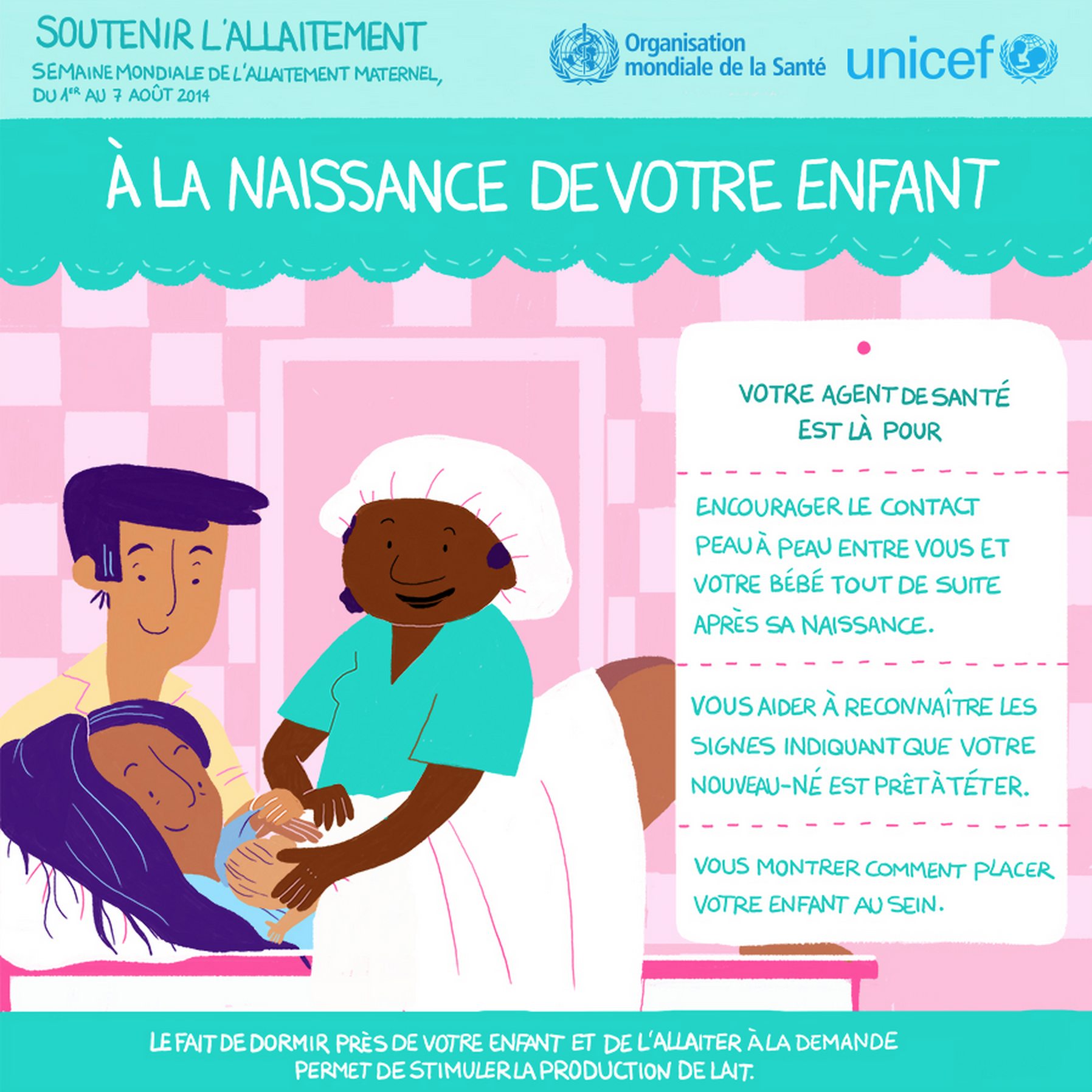
Better digestion, reduced risk of allergies and a tranquilizing effect
The beneficial effects of breast milk on the health and development of babies have been demonstrated by numerous studies: breast milk is 100% natural and lighter, so it is easier for babies to digest. Its composition also reduces the risk of allergies. Breast milk also positively affects the psychological state of the child: it produces a tranquilizing effect and helps to improve the baby’s sleep. Finally, the close and privileged relationship with the mother during breastfeeding provides the newborn with a feeling of security and fulfillment.
Benefits also for the mother
Breastfeeding is also good for mothers: many women use artificial milk, however those who stick to the “traditional” method would have less difficulty regaining their weight after childbirth. In addition, milk production causes the release of endorphins, euphoric hormones, which can act as antidepressants for mothers suffering from “baby blues”, a phenomenon which affects around 50 to 80% of women, but which rarely lasts more than ‘one week.
